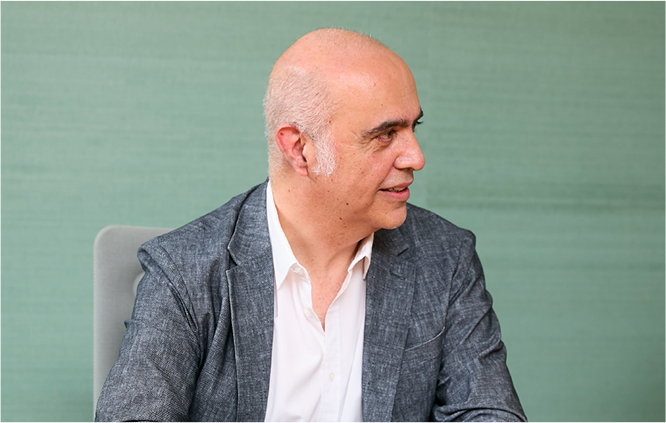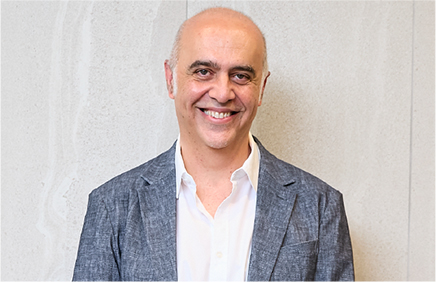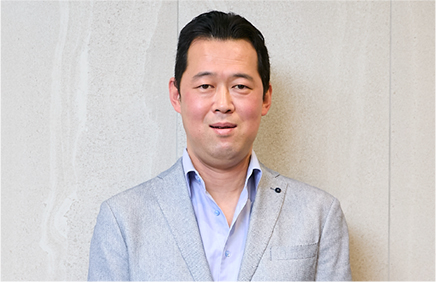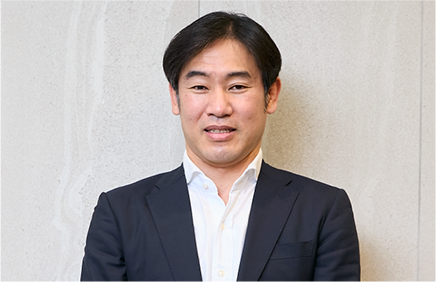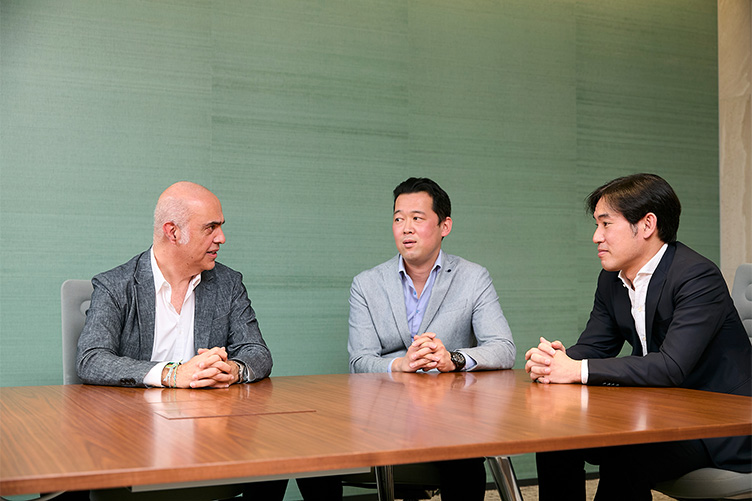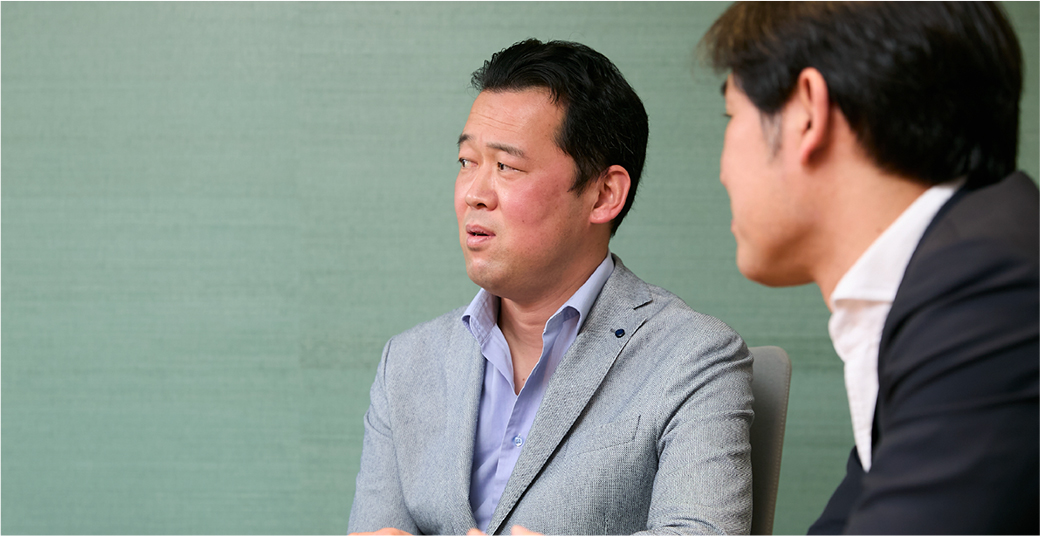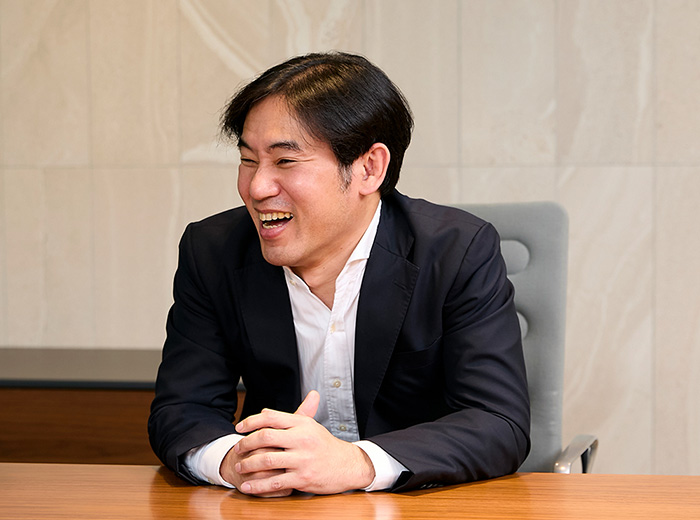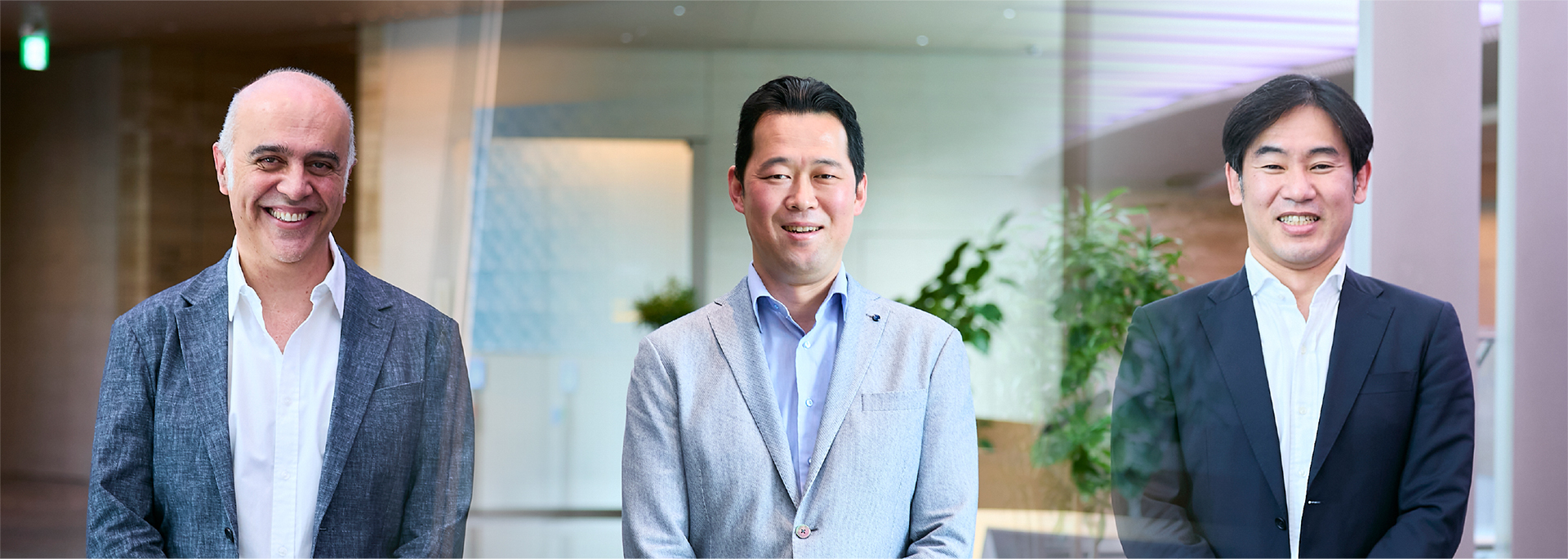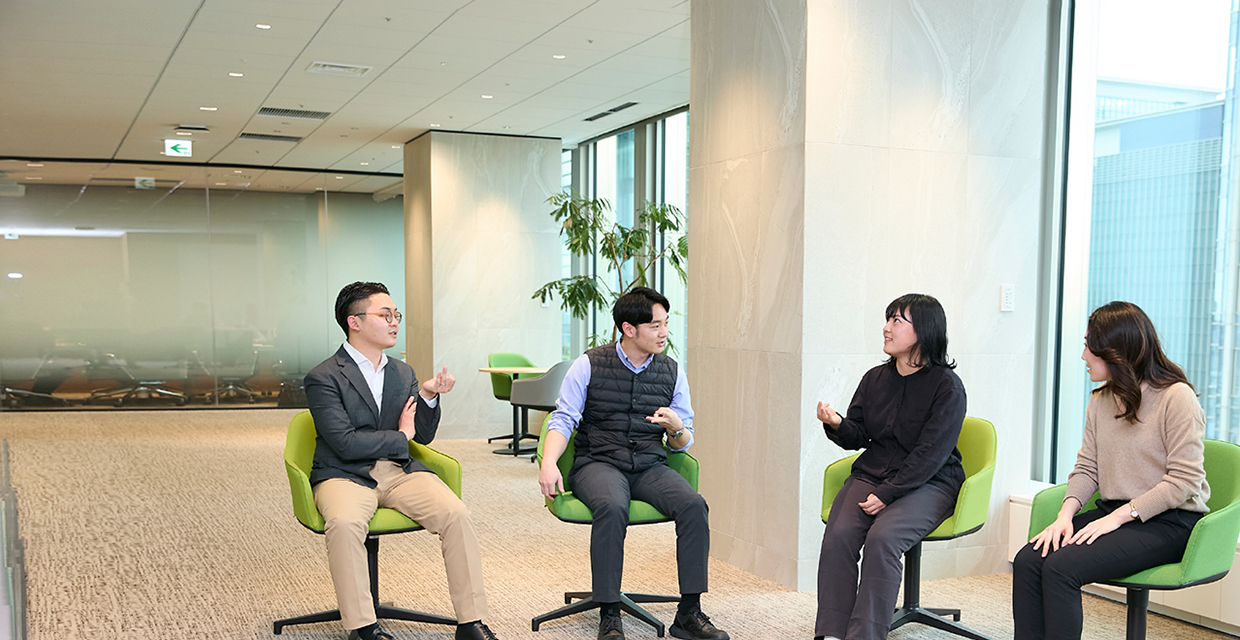-The various issues and needs surrounding society are constantly changing. As a member of the Wismettac Group, how do you view these changes?
Alireza: I feel that people are beginning to seek new values and meanings in food. The conditions are "good for the planet," "good for the community," "good for health," and "good taste." In particular, emphasis is being placed on aspects that have not been given much attention until now, such as whether the food uses sustainable and earth-friendly ingredients and whether it is a health-conscious food. In addition, the flexitarian style of eating mainly plant-based foods and occasionally eating meat and fish has become popular among the younger generation in Europe and the United States, and the consumption of livestock products is on a downward trend year by year. The development of digital communication and the sharp increase in opportunities to come into contact with various information on the Internet may also be influencing this trend. I believe that these will become even bigger trends in the next 10 years. As a company that deals with "food" content, we believe that we must re-examine the ingredients, promote local production and consumption, and provide food that meets the needs of our customers.
Suzuki: The aging problem is becoming a serious issue in developed countries. As a result, the need for medical care and nursing care for the elderly is increasing. In particular, Japan has the highest aging rate in the world and is said to be a country that is advanced in terms of issues. In some ways, this can be seen as a huge business opportunity. Food and healthcare have a high affinity, and the idea that "food is medicine" and "food as medicine" have been widely adopted throughout history and around the world. In Japan, which is a super-aging society, healthcare-related technological development is progressing and the market is becoming a red ocean, but overseas it is still a blue ocean. We would like to utilize the business assets of the Wismettac Group, which has a global network, to provide optimal solutions to the aging problem, a social issue, to all parts of the world.
I am focusing on intellectual property management of Chiba agricultural products. Japanese fruits and vegetables are highly regarded around the world for their high quality, almost like works of art. However, there have been cases where seeds and seedlings have flowed overseas due to issues with intellectual property management, resulting in huge losses. I would like to face this issue and further increase the value of Japanese brand fruits and vegetables. There are also many challenges with the production system for Japanese fruits and vegetables. Overseas, mechanization and labor-saving technology have advanced, and efficient production systems have been built, which means that they are available on the market at affordable prices. I believe that Japan needs to adopt the excellent parts of overseas production system technology, improve efficiency, and spread it more widely in the market.
